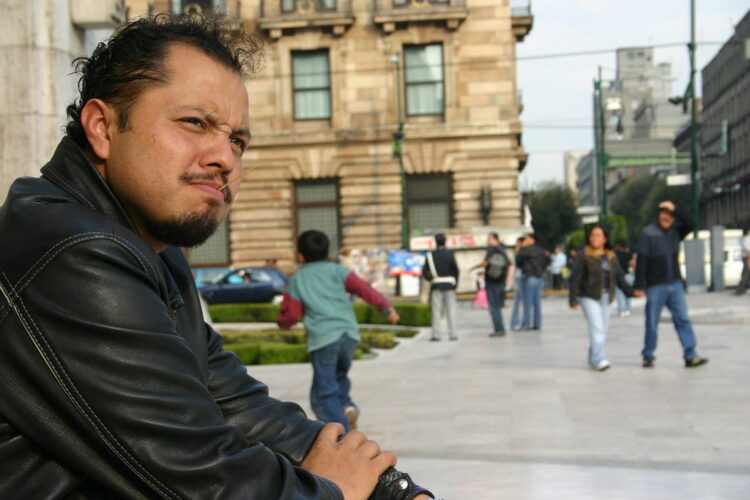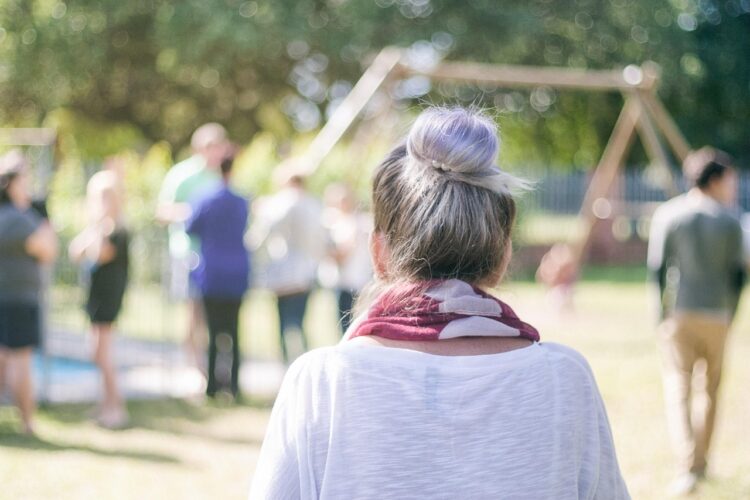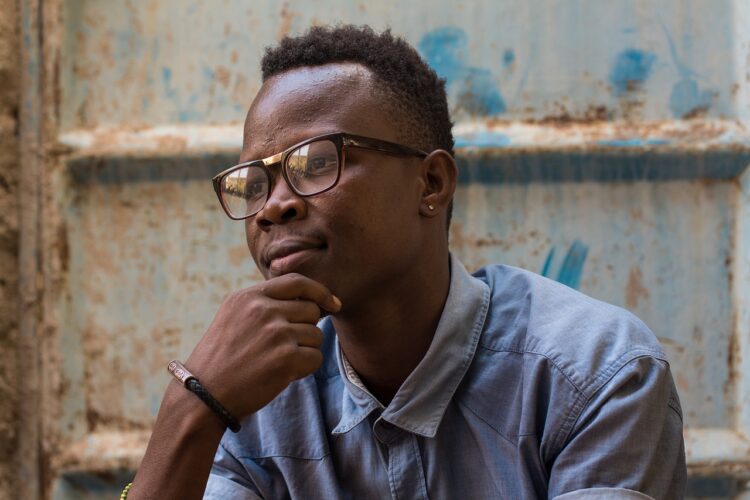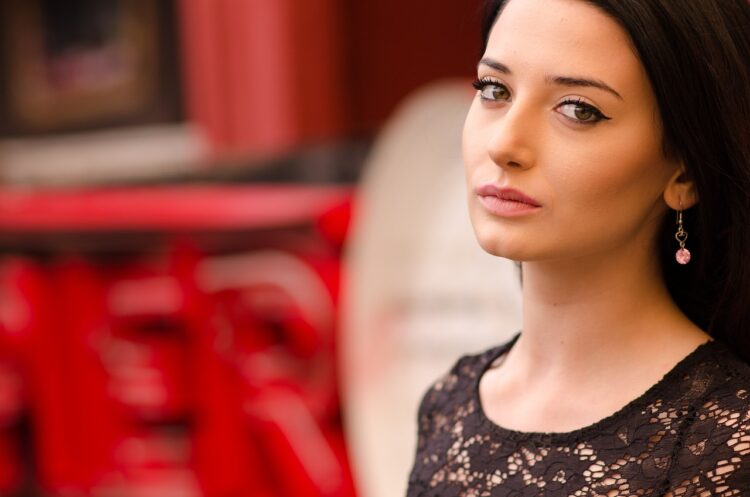
Being self-aware isn’t just about knowing what you like or dislike—it’s about understanding how your thoughts, actions, and emotions affect the world around you. It means you’re honest with yourself, open to feedback, and thoughtful about how you show up in life. If you’ve ever wondered whether you have a stronger sense of self than most, these 15 signs might just give you your answer.
You reflect on your behavior instead of blaming others.

When something goes wrong, you don’t jump to blaming someone else. Rather, you pause and think about how you may have contributed to the situation. You ask yourself tough questions, even if they’re uncomfortable. That kind of honest reflection shows maturity and a desire to grow. While most people defend themselves quickly, you’d rather figure out the truth—even if that means admitting your own part in the problem.
You know what triggers your emotions.

You’re not confused when you suddenly feel angry, anxious, or sad. You’ve taken time to understand what sets off those feelings. Maybe it’s feeling ignored, disrespected, or rushed—and instead of reacting on impulse, you pause and think. That self-check helps you respond better in tough moments. Many people are ruled by their emotions, but you recognize your triggers and manage them with care and awareness.
You really listen when people talk.

You’re not just nodding while planning your reply—you’re listening to understand, not just to respond. You notice tone, body language, and what’s not being said. People feel heard around you, and that’s because you value what they have to say. Being that present takes emotional awareness and patience, and it shows that you’re in tune with others—not just focused on yourself.
You ask for feedback, even if it’s uncomfortable.

Most people avoid criticism because it feels personal, but you invite it because you know it helps you grow. Whether it’s at work, in friendships, or in your daily habits, you ask others how you come across. You don’t just hear compliments—you also accept hard truths. That ability to receive feedback without becoming defensive is a big sign that you’re more self-aware than most.
You can admit when you’re wrong.

You don’t twist things to make yourself look better when you mess up. Instead, you own it. You say, “That was my fault,” and you mean it. That honesty shows strength, not weakness. Most people struggle to do this without feeling embarrassed or defeated, but you understand that admitting your mistakes is part of being honest with yourself—and that’s what makes you more self-aware than most.
You’ve noticed patterns in your behavior.

You’ve taken the time to look at how you react in similar situations. Maybe you get quiet when you’re overwhelmed or overthink when you’re stressed. Instead of just repeating those patterns, you try to understand and shift them. That means you’re not sleepwalking through your habits, and you’re paying attention. This kind of self-observation isn’t easy, but it shows a deep level of emotional awareness.
You don’t rely on other people to validate your worth.

It’s nice when people notice your efforts or compliment you, but you don’t depend on it. You’ve built your confidence from the inside out. You don’t need constant praise to feel good because you know your own strengths. Most people crave approval, but you trust your gut more than applause—and that quiet, steady confidence comes from true self-awareness.
You think about your reasons before making a move.

Before you say something important or make a big choice, you ask yourself why. Are you doing it for attention, to please someone, or because it really feels right? That inner check helps you avoid acting out of insecurity or pressure. Most people just react to feelings in the moment, but you pause, reflect, and move with intention—which makes your actions more meaningful.
You’re not afraid to spend time alone with your thoughts.

Silence doesn’t scare you. You don’t always need background noise, distractions, or company to feel okay. You’ve made peace with sitting quietly and checking in with yourself. You use that alone time to reflect, reset, and really understand what’s going on inside. That comfort with stillness is rare—and it shows how connected you are to your inner world, even when things around you get loud.
You’ve learned not to take things personally all the time.

You know that someone else’s bad mood doesn’t always have to do with you. When people act distant, rude, or off, you don’t assume it’s your fault. Instead, you step back and consider what else could be going on. That perspective saves you from unnecessary stress and shows you’ve learned to separate your feelings from other people’s behavior—something many people still struggle to do.
You can name your flaws without beating yourself up.

You know your strengths, but you’re also clear about your weak spots. Maybe you’re impatient, overly cautious, or struggle to let go—but you don’t pretend otherwise. Instead of judging yourself, you work on improving while also giving yourself grace. That mix of honesty and self-kindness is hard to find. Most people either ignore their flaws or dwell on them, but you’ve found a healthy middle ground.
You set boundaries and don’t apologize for it.

You know what drains you and what helps you stay centered so you protect your time and energy. Saying no doesn’t make you feel guilty—it makes you feel balanced. You don’t overexplain or second-guess yourself because you’ve learned that boundaries are healthy. This kind of clarity and self-respect shows that you know what you need—and you’re not afraid to speak up for it.
You understand that growth isn’t always comfortable.

Change can feel awkward, messy, or even painful—but you don’t run from it. You’ve accepted that personal growth often comes with hard moments. Whether you’re facing a hard truth or learning a new skill, you push through discomfort because you know what’s waiting on the other side. That mindset keeps you evolving, while others stay stuck trying to avoid anything that feels too hard.
You’re aware of how your presence affects a room.

You pay attention to how your energy impacts others. Whether you walk in quietly or bring excitement, you notice how your tone, mood, and words affect the people around you. That awareness helps you adjust and connect better. It also shows that you don’t just live inside your head—you’re mindful of how you show up for others, and that’s a strong sign of emotional intelligence.
You’re always open to learning more about yourself.

Even though you already know yourself well, you stay curious. You read, journal, ask questions, and reflect. You don’t think of self-awareness as a finish line—you see it as a lifelong process. That openness to grow, even when things are already going well, shows you’re committed to becoming the best version of yourself. Most people stop once they’re comfortable, but you keep going deeper.

